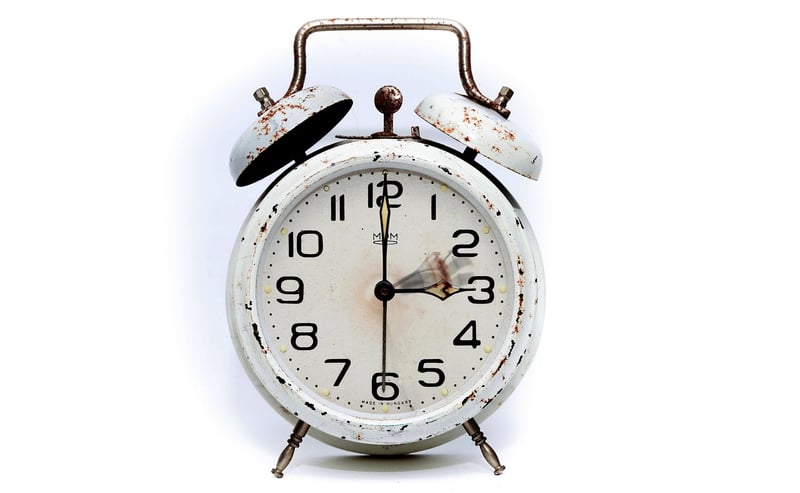Altering the Past
The Moral Implications of Altering the Past
Time travel has long fascinated people, but the concept of altering the past raises a myriad of moral questions. Delving into the realm of hypotheticals, let's explore the ethical dilemmas that come with changing history.
1. The Butterfly Effect
In popular culture, the "butterfly effect" is often referenced when discussing time travel. The idea that even small changes in the past can have massive, unforeseen consequences in the present raises concerns about the ethics of altering historical events.
2. Historical Integrity
Preserving the integrity of historical events is crucial for understanding our past and learning from it. Altering key moments in history could distort our understanding of the world and erase valuable lessons that have shaped society.
3. Unintended Consequences
Even with the best intentions, altering the past can lead to unintended consequences. What may seem like a positive change could have negative ripple effects that impact individuals, societies, and even the entire course of history.
4. The Grandfather Paradox
The famous "grandfather paradox" poses a moral dilemma - if one were to go back in time and prevent their grandparents from meeting, thus preventing their own birth, would it be ethical to do so? This paradox highlights the complex moral implications of altering the past.
5. Responsibility and Accountability
Changing the past raises questions of responsibility and accountability. Who gets to decide which events are worth altering, and who bears the consequences of those changes? The moral weight of such decisions is immense.
Conclusion
While the idea of altering the past may seem exciting, the moral implications are profound. As we ponder the ethical dilemmas of time travel, it becomes clear that tampering with history is not just a matter of changing events - it's a question of altering the very fabric of our existence.

